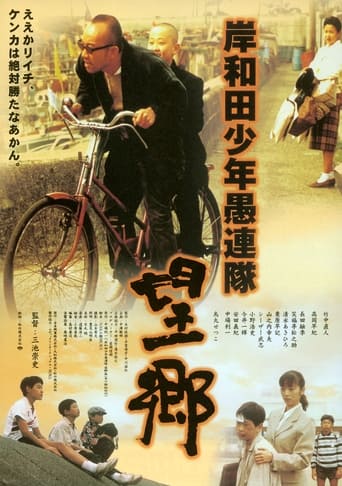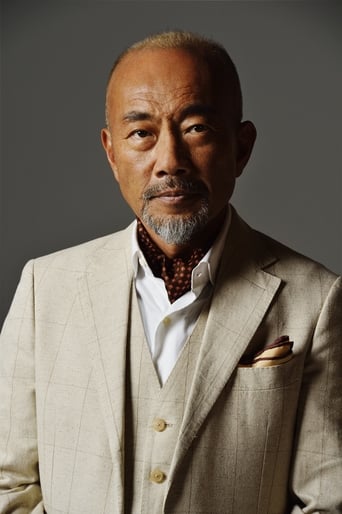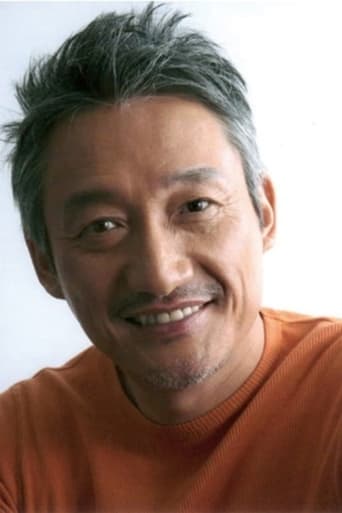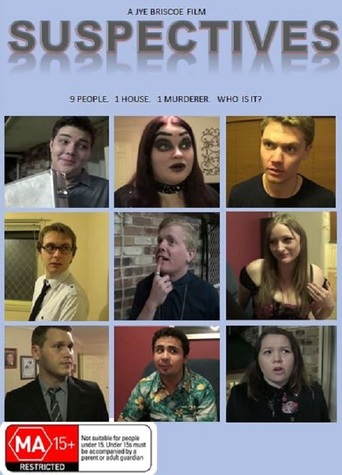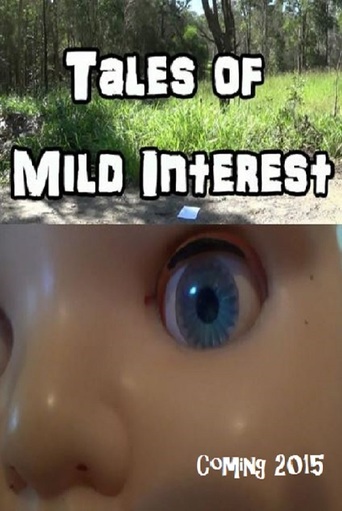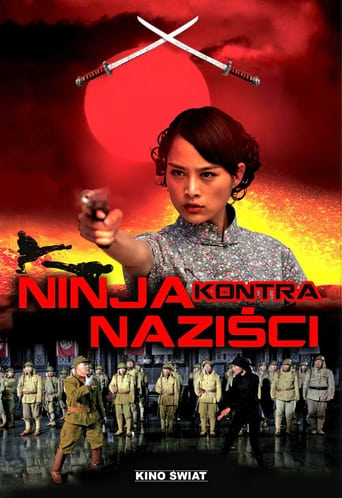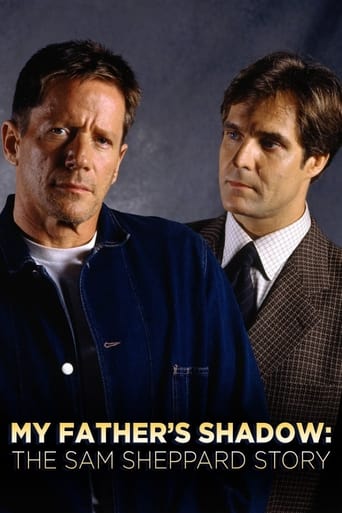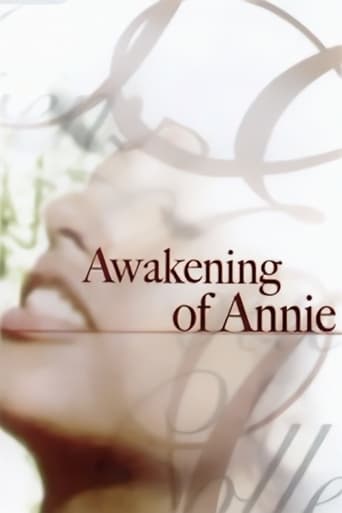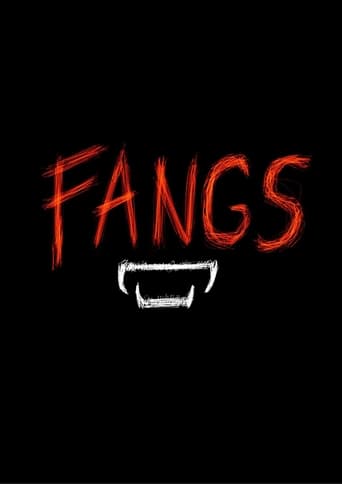Young Thugs: Nostalgia (1998)
Nostalgia is Takashi Miike’s favorite film of his considerable body of work. Including biographical elements, Nostalgia centers around the home and school of a young boy, whose family mix the violent and dysfunctional with the comic and the loveable. Though containing elements of the sudden and shocking brutality that many associate with this director, Young Thugs – Nostalgia is more concerned with a child’s moment of leaving the internalized world of fantasy, and passing on eagerly to the next stage of life. A wonderful, touching, startling vision that is uniquely Miike’s.
Watch Trailer
Free Trial Channels
Cast


Similar titles
Reviews
Charming and brutal
The plot isn't so bad, but the pace of storytelling is too slow which makes people bored. Certain moments are so obvious and unnecessary for the main plot. I would've fast-forwarded those moments if it was an online streaming. The ending looks like implying a sequel, not sure if this movie will get one
The storyline feels a little thin and moth-eaten in parts but this sequel is plenty of fun.
One of the film's great tricks is that, for a time, you think it will go down a rabbit hole of unrealistic glorification.
A key concern in the work of director Takashi Miike is the notion of family. In many of his films, the desire for the kind of stability and security only found within the traditional family environment is what drives his characters to the absolute extremes of the narrative, and often into the criminal underworld where the family unity will be surrogated by violent gangs and Yakuza syndicates. We see this idea in many of his best films, like Rainy Dog (1997), Ley Lines (1999) and Agitator (2001); where characters without families band together and find moments of acceptance between the bouts of violence and retribution. In other films, we have the presentation of the family in a more traditional sense, albeit, with elements of violent dysfunction and inevitable disintegration for the basis of great satire. Here, we find pictures like Visitor Q (2001), The Happiness of the Katakuris (2001) and of course, the film in question.The presentation of family in Young Thugs: Nostalgia (1998) is less abstracted than many of Miike's other films; with the specifics of the time and place and the emphasis on the dynamics of the characters in relation to the overall plot giving us something that seems very special and unconventional by the director's usual standards set by films like Ichi the Killer (2001) and Dead or Alive (1999); with the combination of great, intelligent characterisations, strong performances and some absolutely impeccable direction. Although it is based on a novel, the film feels like a more personal project for Miike, with the depiction of small-town Osaka life and the late-1960's/early 1970's timeframe being very close to the filmmaker's own youth and experiences; with that sense of nostalgia, as alluded to in the film's sub-title, being more apparent in the fantastic evocation of a particular time and place within Japanese culture and society. Some viewers have drawn comparisons to an American film like Stand by Me (1986), which I suppose is apparent in terms of nostalgia itself and the presentation of the quest in which the central characters set out on an adventure that they think will change their lives and put everything into an adult perspective, but simply find the same old trials and tribulations, only in a different setting.For me, it was more reminiscent of the flashback sequences of Miike's later masterpiece, Dead or Alive 2: Birds (2000), which captures a similar evocation of childhood abstracted by the combined forces of memory and imagination, whilst also bringing to mind a film like Shunji Iwai's All About Lily Chou Chou (2001), which again, presents the idea of characters striving to escape from a very real sense of childhood dysfunction. Obviously, a film like Lily Chou Chou focuses on a much older collection of characters, and therefore covers different themes and preoccupations to those expressed herein. Nonetheless, there is a similarity in tone as well as presentation, not to mention the depiction of a rural environment that is both tranquil and oppressive in almost equal measures. Miike also uses the film to examine three generations of Japanese masculinity, similar to the structure of the characters in The Happiness of the Katakuris, with the son, father and grandfather all living in the same house, expressing different views and opinions and ultimately clashing in such a way as to show the differences (and ultimately, the similarities) of these three very interesting characters.It works because it captures a mood and an atmosphere that is just perfectly realised on almost every level; from the extraordinary direction of Miike - with its great use of colour and composition and fantastic soundtrack that really manages to underpin the time and place like nothing else imaginable - to the believable script and the naturalistic performances of the incredibly young cast of characters. Despite his reputation as a director of sadistic torture and sexual violence, a film like Young Thugs: Nostalgia, remind us of what a naturally gifted filmmaker Miike really is. For example, his direction of children and actors with limited experience is really second to none, as he manages to elicit a series of natural and believable performances that convey everything from comedy to drama, while still managing to balance this out with more experienced performances from seasoned actors, like the talented Naoto Takenaka. Also, his use of camera angles, movement and composition, structure and pacing are all fantastic throughout, and demonstrate that Miike is a filmmaker equal to Martin Scorsese; in the sense of documenting the seamy side of life (and the working-class environment of Osaka) in a way that is alive with energy and emotion.The balance between comedy and drama is completely subtle throughout, while a few scenes of childhood imagination and fantasy are allowed to erupt, quite literally, in a burst of vigour and excitement reminiscent of the 60's work of Jean Luc Godard. Some of the humour is admittedly quite earthy, while the film pulls no punches with its depiction of domestic abuse, childhood scrapes and the seedy underbelly of Osaka's strip clubs and gambling dens; though again, this is Miike refusing to pander to the adult-notions of childhood or the generally accepted tone that films about childhood should convey. Simply put, there are no rose-tinted reflections or apple-cheeked cherubs here, but rather, a rough and tumble attitude with elements of grit and off-colour humour, all tied to a wonderfully spirited atmosphere of excitement, colour and adventure that is evocative to say the least. For this reason and more, Young Thugs: Nostalgia is one of the few great films about childhood, and one of Miike's very best and most compelling films to date.
This is actually a prequel to Young Thugs: Innocent Blood. It takes place when the main character of that film, Riichi, is around 10 and takes place in 1969 and '70. And this is, with little doubt, Miike's gentlest and sweetest film. The boys do get into fights, but all the violence happens offscreen. The kids will run into a battle and it will cut, and in the next scene they will have bloody lips and so forth. There's all of one scene where anybody gets hit on screen. It's actually quite a charming film. I did have some problems connecting events and characters (what did the strippers have to do with anything, for instance?). Coherency is Miike's major problem as a director. But I also have to admit that I had to split the film into two halves, and that the first half I watched while egregiously tired. I could also argue that this is Miike's most conventional film. It's shocking how unconventional it is within his own oeuvre, and it's tempting to like it more than one should for that reason alone. But there are many American movies that have done this type of thing just as well or much better, including Stand By Me and My Girl. The film even comes with a couple of doo-wop songs on the soundtrack (and they're in Japanese). Miike's direction is very good, of course, and if you are wondering about the director but can't take violence, this could be your best bet. Though there are a couple of bits that are direct references to Young Thugs: Innocent Blood, it would work as a stand-alone piece.
A prequel to Miike's "Young Thugs: Innocent Blood", this follows Riichi in his early formative years growing up on his way to becoming the thug in the earlier film. One of the very few problems I had with Innocent Blood is the lack of in depth characterization, but that's remedied here in spades. Filled to the brim with the joys, heartbreaks, and wonder of childhood. the movie is universal in it's appeal and a true joy to behold. One of my favorite foreign coming-of-age films. This only solidifies the nothing that Miike can do much more then the violent, bizarre films that he's primarily known for.DVD Extras: Takashi Miike interview; Osaka's People featurette; Bio/Filmographies; original sleeve art; and theatrical Trailer My Movie: A
Until very recently this one's been hard to find outside of Japan and impossible to find with English subtitles, and it's remained quite obscure as a result. Now that a bootleg version of the Japanese DVD with subtitles has been made available this will change, and it's a good thing, because this is one of Miike's finest. There's little of the violence which some people mistakenly assume is a given in Miike's work, but the director's unique sense of humor and reductionist approach to storytelling are fully intact. It's almost a coming-of-age film, but the same could be said of any of the Dead or Alive films in regard to the yakuza genre, and it still wouldn't be true. Miike cuts everything but the guts of the story from his scripts. This film's most painful moment is not even there just a cut to black. It hurts. Apparently Kishiwada Shonen Gurentai is a series (also known as Boys Be Ambitious, a phrase which will be familiar to anybody who payed close attention to the beginning of Gozu) which several directors have participated in, and Miike has directed another film in the series which or may or may not be adapted from the same novel as this entry.

